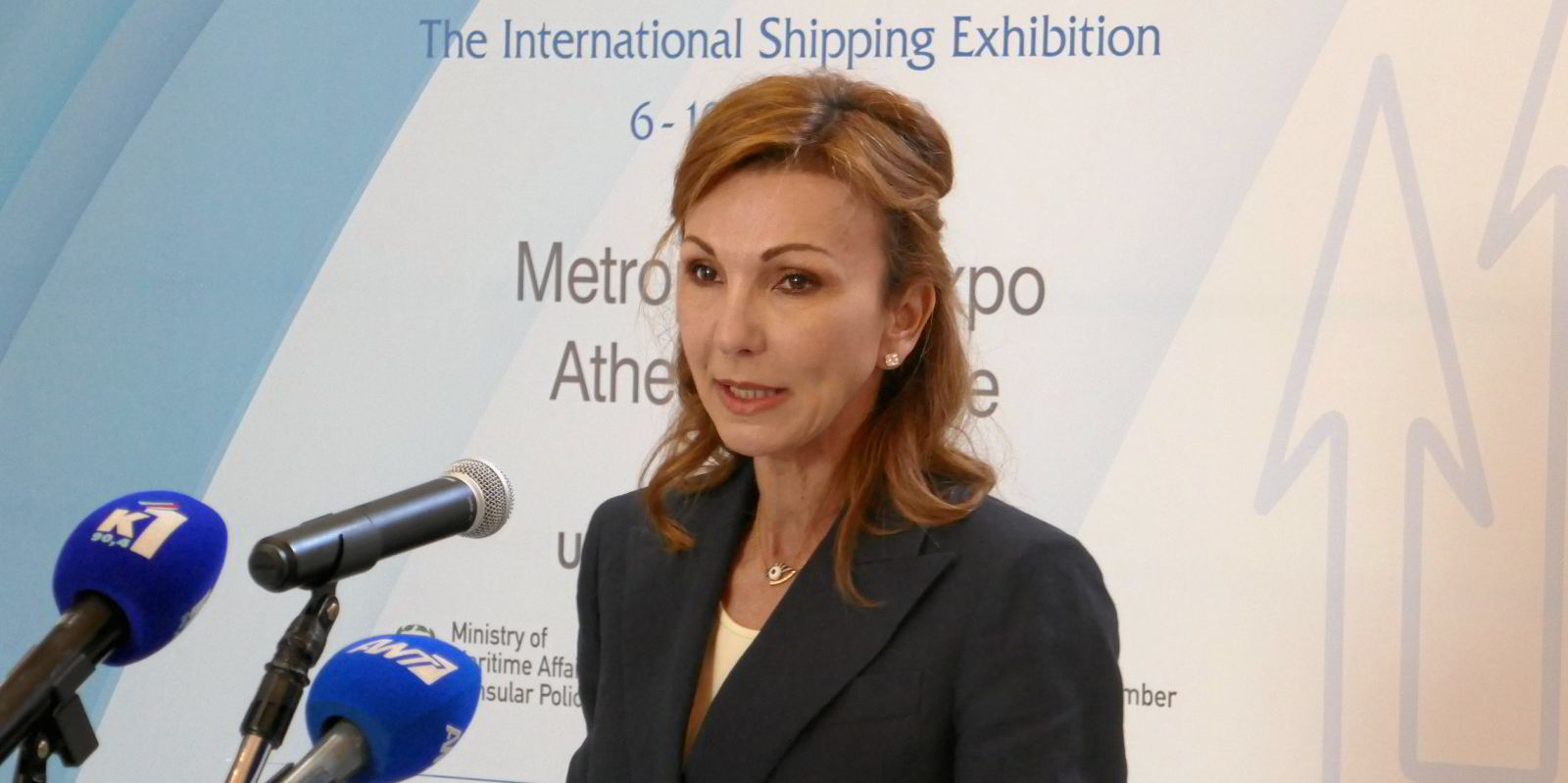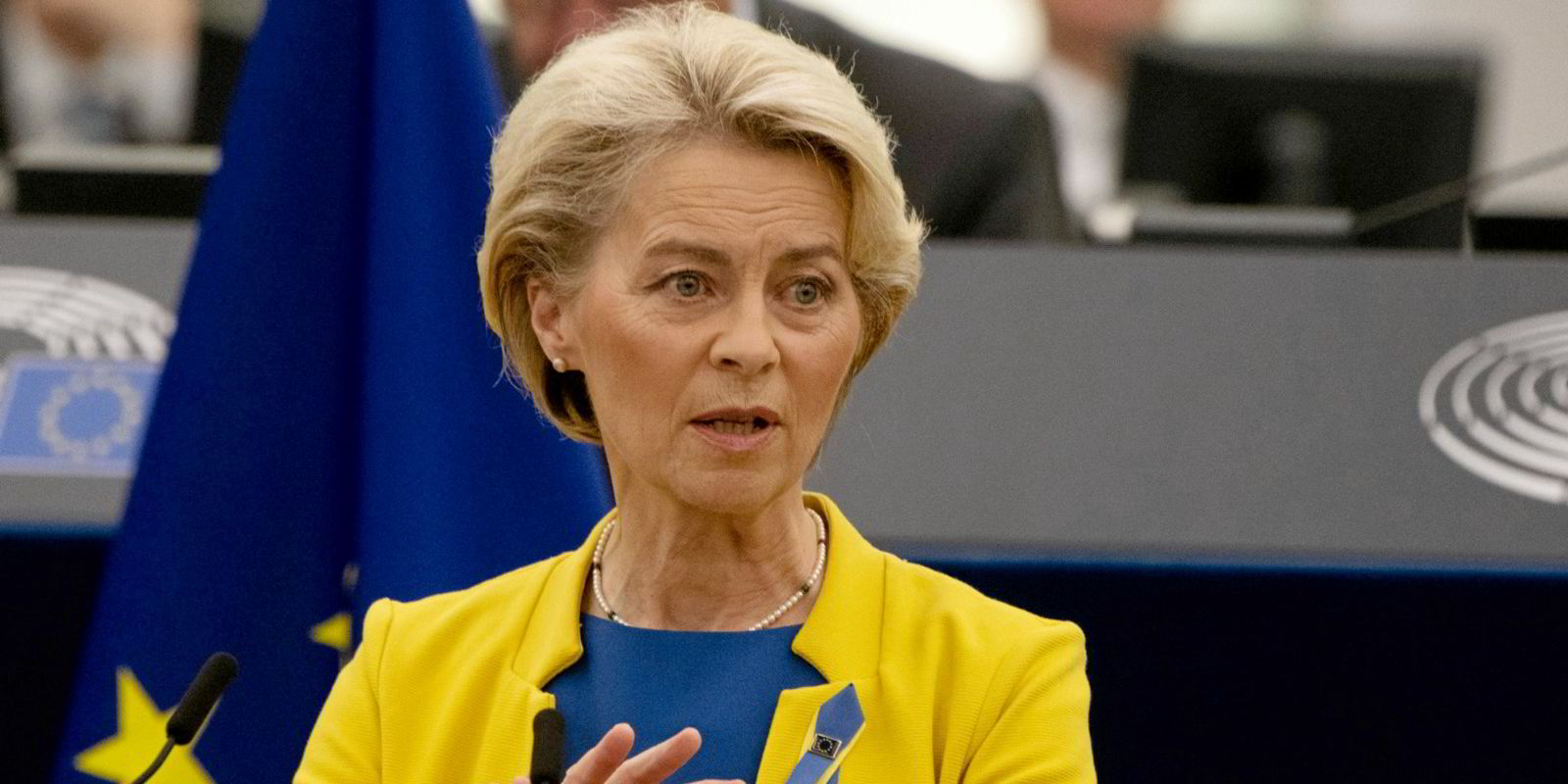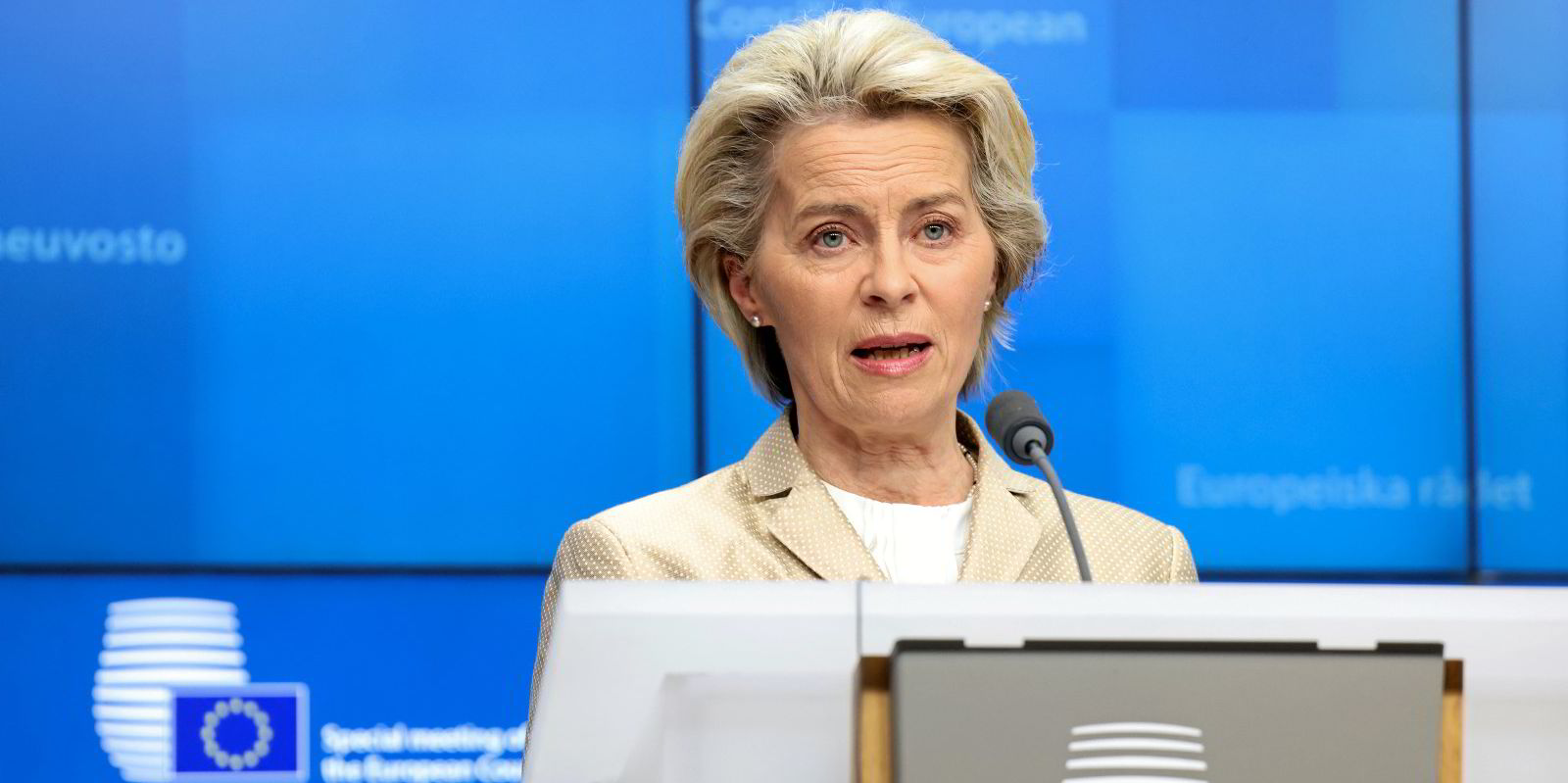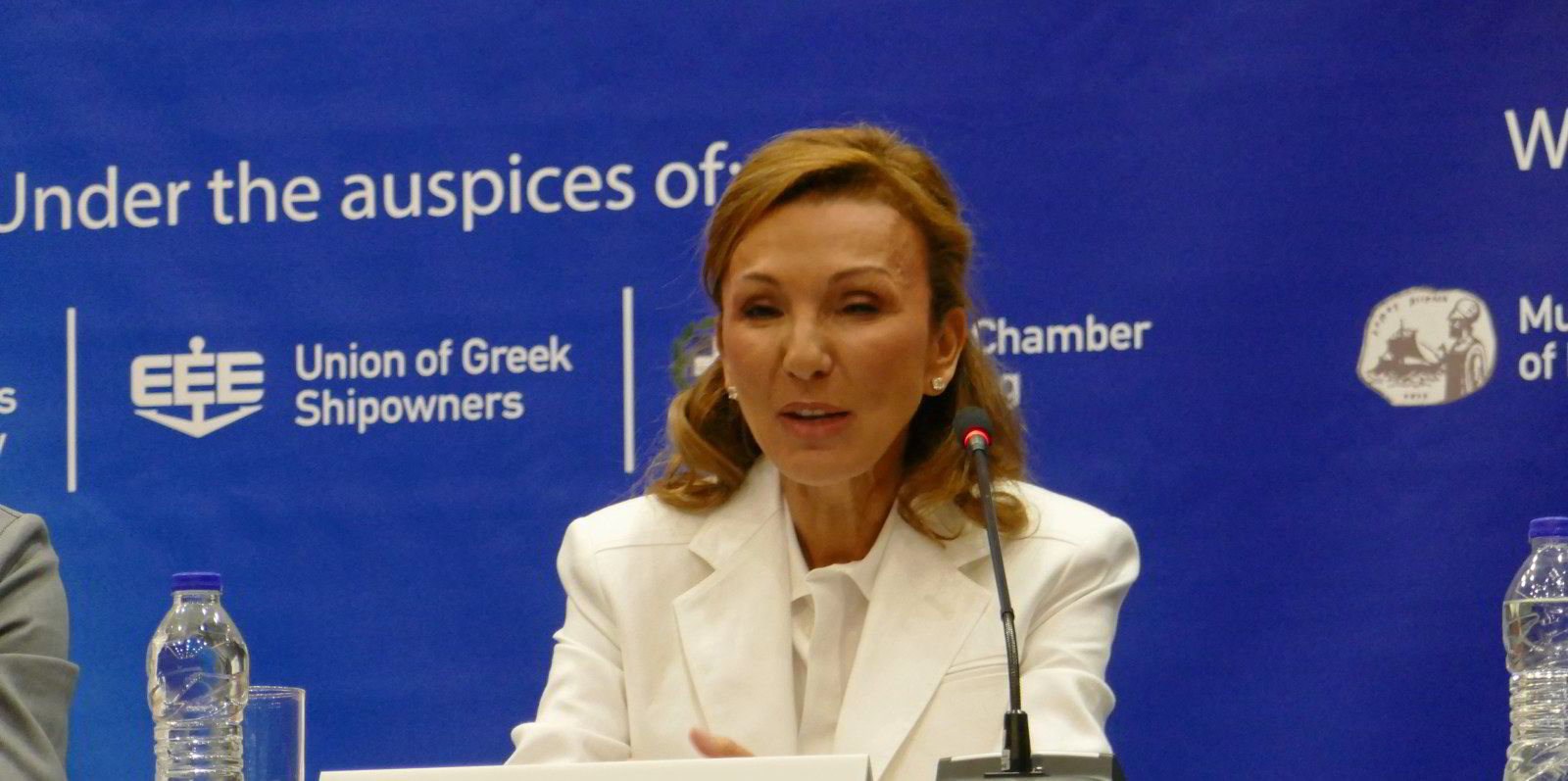Confusion around the legality of European transport of Russian coal, fertilisers and other key goods and commodities to countries that do not sanction Moscow for its invasion of Ukraine seems to have been lifted.
Such transports are allowed, in order to avoid a negative impact on the food and energy security of third countries around the world, according to a circular released on Tuesday to its members by the Union of Greek Shipowners.
To back up its view, the Greek trade association cited fresh guidance issued a day earlier by the European Commission — the European Union’s executive organ in charge of drafting and executing EU legislation.
Any new guidance, however, may do little to encourage big miners to use ships that used to carry Russian coal.
According to market sources speaking to TradeWinds on Wednesday on condition of anonymity, major charterers told shipowners this week they would drop vessels known to have called at Russian ports, in order to avoid any legal entanglements for themselves.
Broking and insurance covered
Regardless of such practical fears, the legal situation seems clearer now.
“The new guidance clarifies and documents the… view of the European Commission, that the transport of goods referred to in annexes XXI and XXII [of EU regulation 833/2014]… are… eligible and free for transfer between Russia and third countries,” the Greek union’s circular said.
Such goods are coal, fertilisers, certain hydrocarbons and essential goods such as wood or cement products.
“It is equally clarified that eligibility and legality of transport activity for the said goods includes… financial assistance, which — to lift any doubt — explicitly includes brokerage and insurance activities,” it added.
The EU last month banned the direct import of Russian coal into its territory. It is preparing to do the same with Russian oil and oil products over the next few months.
When the formal text of EU sanctions regulation was spelt out earlier this year, the transport of coal to third countries that do not sanction Russia — such as Turkey, India and China — was understood to be allowed.
Things seemed to change in August, when European Commission officials were cited as guiding in response to frequently-asked-questions that the EU would regard it as unlawful by its own citizens and companies to carry such commodities to third countries.
That led to confusion, highlighted by the case of the 58,000-dwt Stavros (built 2010) — a ship managed by Greece’s Eastern Mediterranean (Eastmed) — that carried 53,000 tonnes of Russian coal to Turkey after sanctions kicked in.

Eastmed managers told Bloomberg that the shipment was above board because the sanctions only banned coal imports to the EU — not its transfer to third countries.
The latest guidance by the European Commission, as reported by the Union of Greek Shipowners, seems to vindicate the company’s view.
“This [the European Commission guidance] confirms, the official position by the UGS [Union of Greek Shipowners] that restrictions under the regulation can’t be extended through FAQs,” the Greek shipowners’ body said in its circular on Tuesday.
In a separate statement on Wednesday, the West P&I Club also spoke of a U-turn by the European Commission.
“Contrary to the position taken by the EU in August, the FAQs now make it clear that the transport of coal and certain specified goods in Annex XXI of Council Regulation 833/2014 (and related insurance) is in fact not prohibited when the goods are being carried to third countries,” it said.
No energy, food insecurity
According to its guidance on 19 September, the commission clarified that the transport of Russian coal, fertiliser, animal feed, certain hydrocarbons, wood and cement to third countries “should be allowed to combat food and energy insecurity around the world”, particularly to “least developed” countries.
“This applies to the transfer to third countries, as well as financing or financial assistance related to such transfer, carried out by EU operators or via the EU territory,” the commission is cited as saying.
The transfer of oil and oil products to third countries is equally allowed, under a different set of EU regulations — but its insurance by EU entities is not.
The Union of Greek Shipowners has a particular interest in the matter, since its members form the single biggest shipowning community in the world, particularly in tankers and bulkers.
In that capacity, Greek transport of Russian commodities, mainly oil, is drawing particular international media attention.
Trade association president Melina Travlos and major Greek owners such as Angeliki Frangou have assured that Greeks’ chartering choices are in line with international sanctions against Russia and will continue to be so in the future.
Critics, however, point out that the Greek share in the seaborne transfer of Russian cargo has increased in recent months as Hellenic owners self-sanction less than foreign peers.





